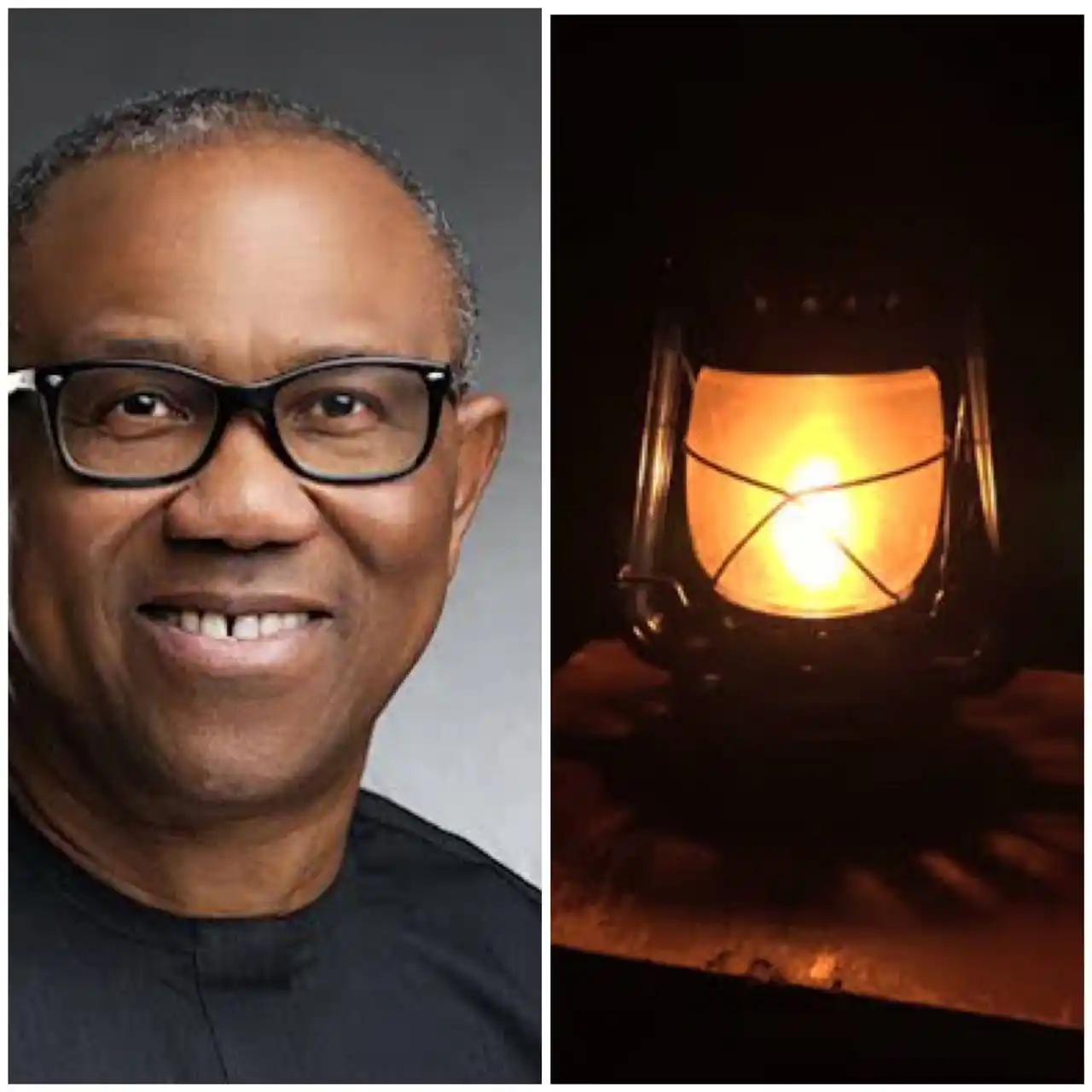Peter Obi has described the ongoing collapse of Nigeria’s national grid as a “national shame” and a clear indication of leadership failure in the country.
In a statement released on social media today, October 15, Obi argued that the recent power grid failure highlights a government that has “consistently failed to prioritize the welfare and economic well-being of the people.”
His post states:
“For the umpteenth time, the national grid has collapsed, plunging a huge part of the nation into darkness and exposing the fragility of Nigeria’s power infrastructure.
This recurring disaster is a national shame and a glaring testament to the failure of leadership and policy implementation at the highest levels.
How long must Nigerians endure a system that fails to provide one of the critical necessities for a productive society?
This latest power grid collapse is emblematic of a leadership and government that have consistently failed to prioritize the welfare and economic well-being of the people.
We all know the immense importance of power supply to the transformation of our economy. Its support to SMEs, which are the engine of job creation and a major contributor to our GDP, is immeasurable.
Today, we are the fourth largest economy in Africa, having fallen from the number one position due to leadership failure over the years, including the persistent power crisis, which is critical when compared to smaller economies....Read Full Article [Click Here>]
South Africa, which is now the largest economy in Africa with a GDP of about $400 billion and 30% of our population, generates and distributes over 40,000 megawatts of electricity.
Secondly, Egypt, the second largest economy with a GDP of about $350 billion and half of our population, generates and distributes over 40,000 megawatts.
Algeria, the third largest economy, with about $300 billion GDP and 20% of our population, generates and distributes over 50,000 megawatts of electricity.
Nigeria, with less GDP but with a larger population than the three countries combined, generates and distributes less than 10,000 megawatts, and even that is riddled with frequent collapses and crises of failure.
This disparity in power generation is a reflection of the deep-rooted governance deficit that continues to hold back our growth and potential.
It is time for urgent, comprehensive reform. Nigerians deserve a government that prioritizes measurable indices of development.
A new Nigeria is POssible. PO.”





